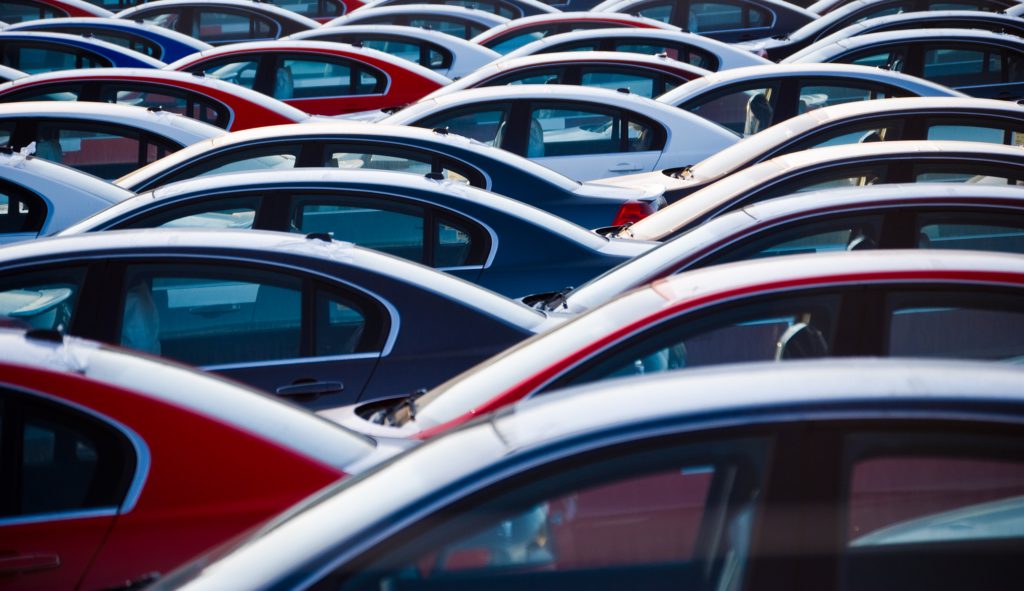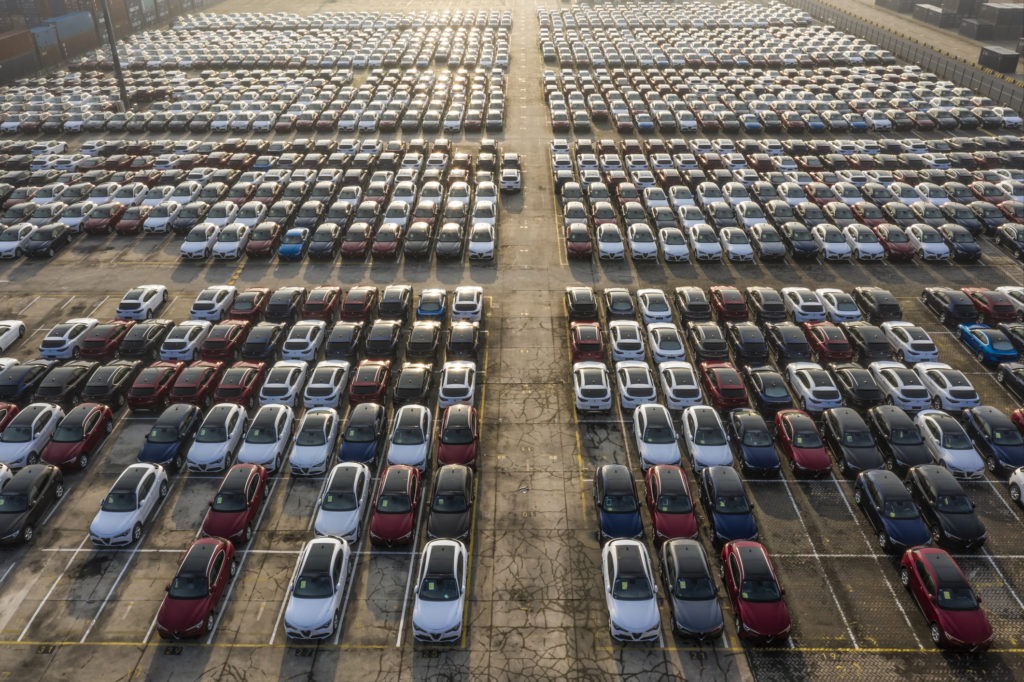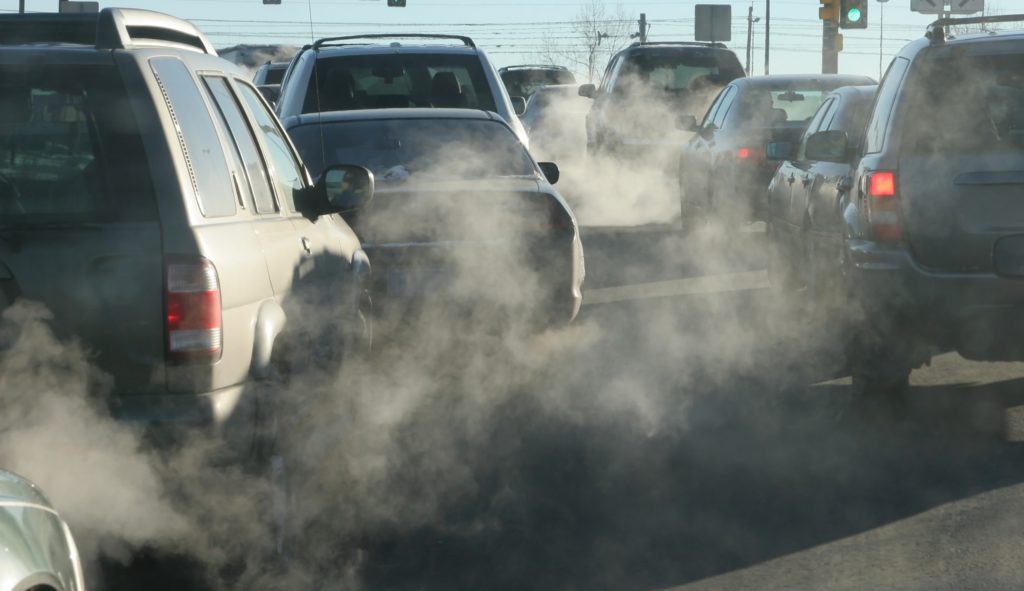Renault, Stellantis and VW charged over diesel emissions in France
10 June 2021

The three carmakers have been issued varying levels of ′bail’ depending on the prosecutor’s findings. Each is currently exploring options for their defence. The French charges come from a judicial investigation opened in early 2017, following the Dieselgate scandal that broke in 2015.
Alongside their bail payments, each company also has to provide a bank guarantee. Should they be found guilty, compensation will be taken from this amount. Fines will be extracted from the initial payment required by the carmakers.
Domestic diesel despair
′In the context of the judicial investigation opened on 12 January 2017 relating to older generations of diesel vehicles, Renault s.a.s. was placed under examination on 8 June 2021 on the charge of deceit,’ the carmaker said. ′Renault will have to pay a bail of €20 million, €18 million of which will be dedicated to the potential payment of damages and fines, and will have to provide a bank guarantee of €60 million dedicated to the potential compensation for losses.’
For Stellantis, the issue is more complicated. The start of investigations in January 2017 saw both PSA Group and Fiat Chrysler Automobiles (FCA) involved. Now, prosecutors have charged the company’s Peugeot brand with deceit. However, its Citroën marque has been summoned to appear in court, as has Fiat. Should they also be charged, it is unclear whether the courts will consider the merged company as one when it comes to fines, especially as the ′offences’ took place when both were trading separately. This could possibly leave Stellantis facing two bail and bank-guarantee payments.
′As part of the judicial investigations of several automakers commenced in 2016 and 2017, Automobiles Peugeot S.A., a wholly-owned subsidiary of Stellantis N.V., was placed today under examination by the Judicial Court of Paris on allegations of consumer fraud in connection with the sale of Euro 5 diesel vehicles in France between 2009 and 2015,’ the company stated.
′As typical in a French criminal inquiry, Automobiles Peugeot S.A. will have to pay a bail of €10 million (of which €8 million for the potential payment of damages and fines and €2 million to ensure the company’s representation in court) and will have to provide a bank guarantee of €30 million for the potential compensation for losses.
Differing defence
VW was ordered to pay a bail bond of €10 million, with a bank guarantee of €60 million. For the German carmaker, the news is bittersweet. The company had just announced an agreement with former management members Martin Winterkorn and Rupert Stadler. They will pay the carmaker €11.2 million and €4.1 million in compensation in connection with the ′diesel issue’. VW also reached terms with insurance company D&O, which will see the carmaker receive a payout of €270 million.
′The payments relate to the investigation started by the Supervisory Board in October 2015 into the causes of the diesel crisis and who was responsible for this,’ the company said. ′Ultimately, the Board resolved in March to assert claims for damages against Winterkorn and Stadler on account of breaches of the duties of care under stock corporation law. No breaches of duty by other members of the Group Board of Management were identified.’
Having faced legal challenges from across Europe over the Dieselgate saga, VW is preparing a robust defence against the French charges.
′Proceedings against VW AG have been concluded in Germany in 2018 with the payment of a fine in the amount of €1 billion for the same alleged facts, including vehicles sold in France. The payment of this fine does not imply any admission of these facts or of its responsibility,’ the carmaker told Autovista Group.
′Therefore, VW AG remains convinced that double sentence for the same alleged facts should be prohibited in this case according to the applicable ″ne bis in idem″ principle. This fundamental issue is currently pending before the Court of Appeal of Paris. In any event, it is VW AG’s position that French customers have not suffered any compensable loss in connection with the purchase of a VW vehicle.’
Innocence presumed
Both Renault and Stellantis also stated that while the proceedings develop, their innocence is presumed. The carmakers have also said that they never fitted ′defeat devices’ – which would recognise test conditions and adjust emissions output to more favourable levels. These devices were at the heart of the original Dieselgate scandal.
′Renault denies having committed any offence and reminds that its vehicles are not equipped with any rigging software for pollution control devices,’ the company concluded. ′Renault has always complied with French and European regulations. Renault vehicles have all and always been type-approved in accordance with applicable laws and regulations.’
′[Stellantis] firmly believes that their emission-control systems met all applicable requirements at the relevant times and continue to do so and look forward to the opportunity to demonstrate that,’ the manufacturing group added.
′The Stellantis Group, which was established in January 2021, will continue its predecessors’ policies and cooperate fully with the justice system in order to resolve this matter expeditiously.’
It is not yet known when the cases will be brought to trial. However, Stellantis has made reference to a decision over FCA’s charges coming in July this year. Therefore, it may be some time before this chapter of the Dieselgate saga is brought to a close.


